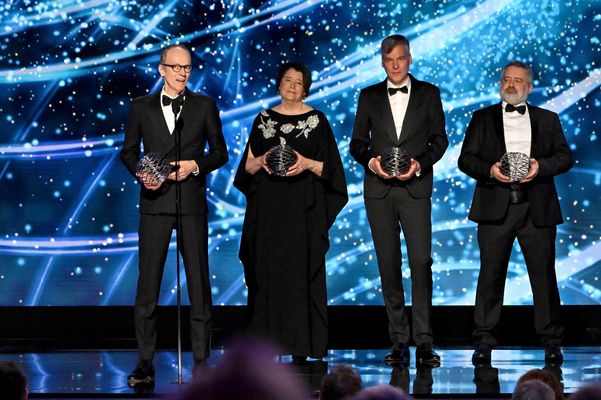More details at: https://vischia.github.io/
@epsaphilsci.bsky.social @hoposjournal.bsky.social @ishpssb.bsky.social @henkderegt.bsky.social @lglopez.bsky.social

@epsaphilsci.bsky.social @hoposjournal.bsky.social @ishpssb.bsky.social @henkderegt.bsky.social @lglopez.bsky.social
We argue that the physics community should not rely solely on commercial large language models but instead take the lead in developing dedicated Large Physics Models (LPMs).
We argue that the physics community should not rely solely on commercial large language models but instead take the lead in developing dedicated Large Physics Models (LPMs).
The prize is awarded to ALICE, ATLAS, CMS and LHCb, which unite thousands of researchers from more than 70 countries, and concerns the papers authored based on #LHCRun2 data up to July 2024.
Read more: home.cern/news/press-r...




